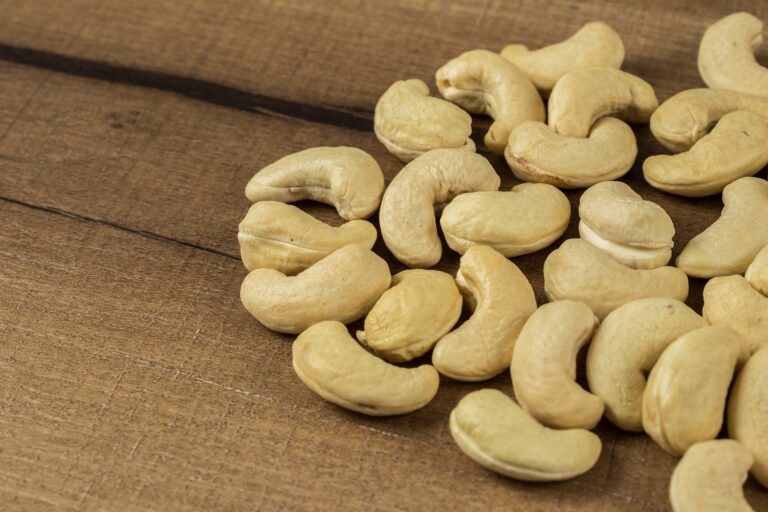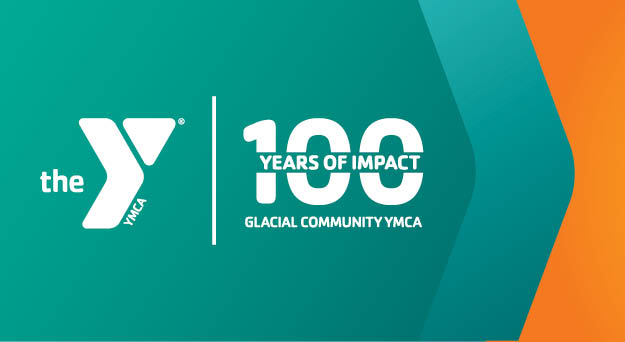Sara is an ACE Certified Personal Trainer and Fitness Nutrition Specialist for the YMCA. In 2018, Sara was inspired by the YMCA community to go back to school and pursue her dream of becoming a Registered Dietitian Nutritionist (RDN). Her monthly blog posts feature evidence-based nutrition information, healthy recipes, and member Q&As.

Did you know your diet is as important as exercise for achieving your fitness goals? In fact, fueling your body with key vitamins and minerals can improve your athletic performance, help prevent injuries, and speed up recovery. This blog post will explore the essential vitamins and minerals that every active individual should incorporate into their diet. Let’s dive in!
- B vitamins arecrucial for converting food into energy and supporting athletic performance. Fortified cereals, salmon, chickpeas, peanuts, and almonds are all great sources of B vitamins. Incorporating these foods into your diet can boost your energy levels, helping you power through tough workouts.
- Vitamins C and E, Beta-Carotene, and Selenium protect your cells from exercise-induced damage and boost your immune system.Bell peppers, sweet potatoes, apricots, nuts, coconut, and dates are all excellent sources of these nutrients. By incorporating these foods into your diet, you can recover more quickly from your workouts and reduce your risk of illness, enabling you to maintain a consistent exercise routine.
- Calcium and vitamin D help to maintain strong bones and are especially important for high-impact exercises like running or jumping.Good sources include seafood, dairy, fortified soy milk, and orange juice. Incorporating these foods into your diet can reduce your risk of injury and support optimal bone health.
- Zinc is essential for tissue growth and repair, boosts your immune system, and reduces inflammation. Add almonds or pumpkin seeds to your oatmeal or nut butter toast to boost this mineral. Incorporating these foods into your diet supports faster recovery after workouts and helps keep your body strong and healthy.
- Magnesium is crucial for energy production and muscle function, yet many people are deficient in this mineral. Boost your intake by incorporating magnesium-rich foods such as dates, cashews, peanuts, salmon, milk, and dark chocolate. You’ll improve your energy levels, reduce your risk of muscle cramps, and enhance your overall athletic performance.
- Iron is essential for producing energy and supplying oxygen to muscle cells. Good sources include meat, poultry, beans, eggs, edamame, and fortified cereal. Even a small iron deficiency can negatively affect athletic performance, so prioritize this nutrient and give your body the fuel it needs to perform at its best!
What About Supplements? While supplements can be helpful in certain situations, whole foods are the best source of nutrients for your health and athletic performance. If you take supplements, choose third-party tested products for quality and safety. Be sure to inform your doctor of any supplements you take, as they can interact with common medications, including birth control. Stay informed and make smart choices for your health!
A Healthy Recipe…
Coconut Cashew Bites by Sara Dow
Ingredients:
- 1 cup Medjool dates, pitted
- 1 cup unsweetened coconut
- 1 cup raw, unsalted cashews
- ¼ tsp fine sea salt (omit if using salted cashews)
Preparation:
Combine dates, coconut, and cashews in a food processor and blend until smooth. Roll into 1” balls. Store in the refrigerator for 3-5 days, or in the freezer for up to 1-2 months.
Nutrition Information: Cashews are a great source of protein, healthy fats, and antioxidants. Dates are packed with fiber, potassium, and other essential nutrients that can help regulate blood sugar levels and improve digestion. Unsweetened coconut is rich in medium-chain triglycerides (MCTs), which are easily digested and used as a quick source of energy.
These ingredients make for a delicious and nutritious snack that can help boost energy levels and support overall health. Enjoy!
Check out this Resource…
NCAA.org is a valuable resource for active exercisers seeking information on sports, fitness, and college athletics. It offers a wealth of reliable information and resources on topics such as sports medicine, nutrition, and rules and regulations for college athletes. Check out this great fact sheet on fueling for recovery.
About Sara Dow

Want to level up your nutrition? Register for a One-On-One Performance Nutrition Workshop with Sara. In this 60-minute session, Sara will provide evidence-based guidelines for pre- and post-workout nutrition specific to your goals, healthy recipes, and practical tips for incorporating real foods into your diet to support optimal performance and recovery. Click here to register today!
![[Glacial Community YMCA LOGO SQ]](https://recliquecore.s3.amazonaws.com/imgs/ymca_logos/named_y/blue_purple.png)
![[Glacial Community YMCA LOGO FULL]](https://s3.amazonaws.com/recliquecore/imgs/ymca_logos/named/blue_purple.png)




